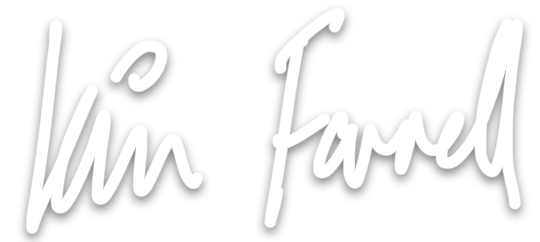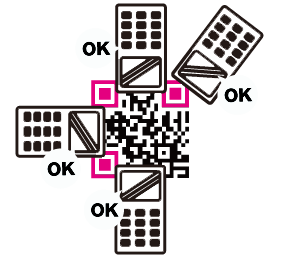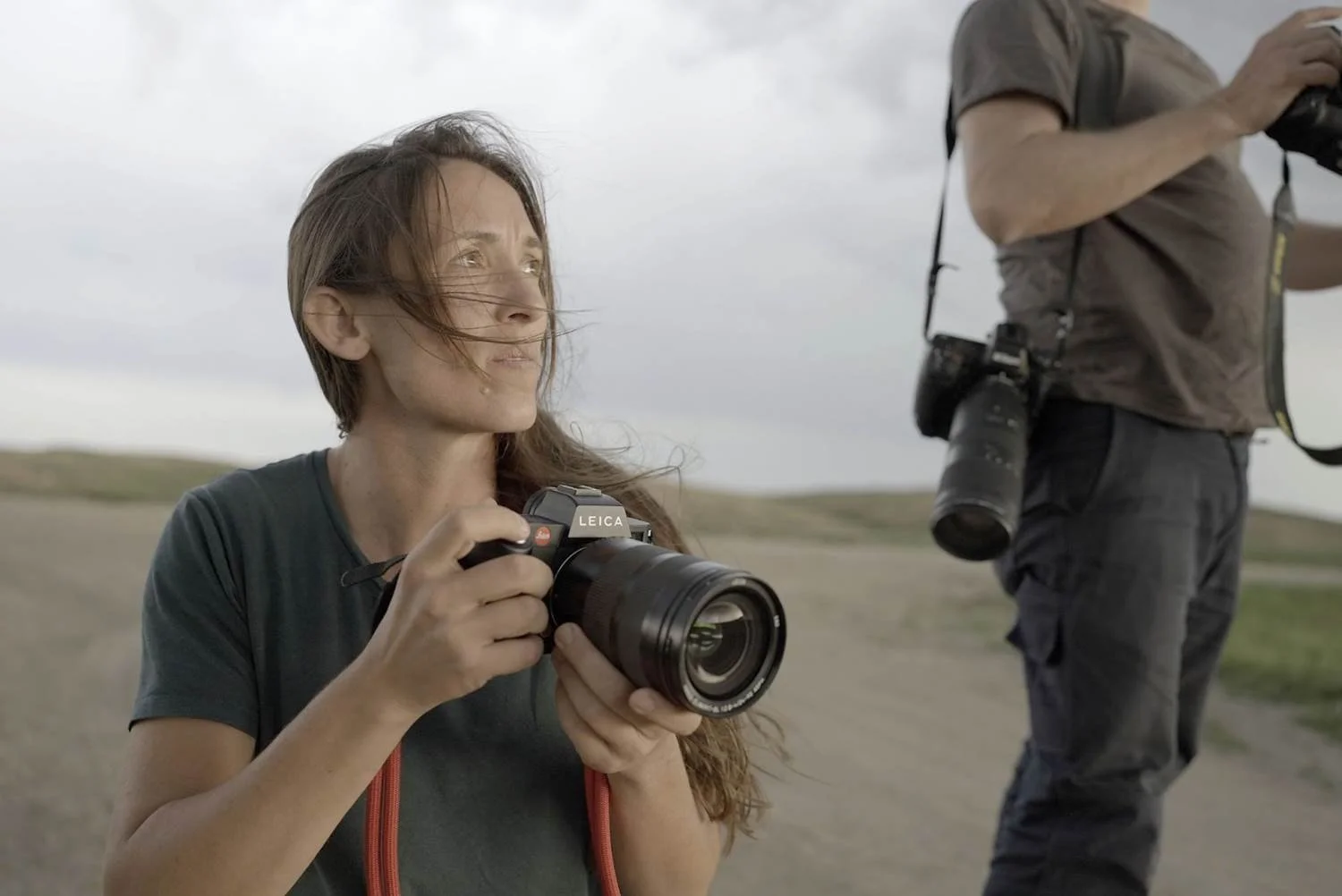Slightly Under Employed
This was originally published in my Prime Lenses Newsletter. You can sign-up for a weekly update to your inbox here.
Earlier this week I wrote about boredom and the need to make space to be creative, so I was very receptive when this quote popped up in my social feed.
“It’s necessary to be slightly underemployed if you are to do something significant.”
As a recently underemployed person I appreciated this quote from James Watson, an American Biologist. He is half of the team that won a Nobel Prize for the discovery of the double helix in 1962 with Francis Crick. A keen bird watcher, in part he puts some of his achievements down to patience he learned with his father on bird watching trips. He wrote a book about 10 years ago reflecting on his family history more broadly and was interviewed for that book by the Chacago Tribune. In that interview he said that he felt an important characteristic in all of us should be curiosity.
“To want to read, you have to be curious,” he says. “I never felt myself very bright, but I just felt I knew more by reading.”
I am a naturally curious person and find that sympathetic discoveries like this arriving together are my favourite moments so this week I want to dedicate the newsletter to examples where curiosity and sharing created positive outcomes, because that’s a big part of the podcast and why it exists.
QR codes are now everywhere and I didn’t know much about their origins, but another social media coincidence led me to learn that they were developed by Masahiro Hara when he worked at Denso Wave in the early 90s. An auto parts manufacturer, they were struggling with the number of barcodes that needed to be scanned per part. Multiple codes per part led to multiple mistakes, and the company wanted to come up with a way to simplify and speed up the process.
Playing Go at lunchtimes, Hara realised that inspiration lay in the pattern on the board he was staring at. 18 months of development later they had a solution that could store 7000 numerals and be read much faster than a traditional barcode at multiple angles. The incredible thing? They gave their invention away!
Although DENSO WAVE would retain the patent rights to the QR Code, it declared that it would not exercise them. This policy was in place from the very beginning of the code development, honoring the developers' intent that the QR Code could be used by as many people as possible. Thus the QR Code, which could be used at no cost and without worrying about potential problems, grew into a “public code” used by people all over the world.
From QRCode.com - History section
30 years later there’s even a world QR code day on the 8th August every year.
Krystle Wright in Photographer by National Geographic
Hara had a philosophy, he wanted to make sure QR codes could be used as widely as possible and this adherence to a philosophy rhymed nicely with something in the penultimate episode of Photographer, the National Geographic series that is streaming in the UK on Disney+. Krystle Wright’s episode is brilliant but the part that stopped me in my tracks was her philosophy on making art.
I believe any great art is created purely out of passion. It wasn’t funded, it wasn’t dictated by a client, and I think when art is created with such a freedom, then people connect with it.
I’ll continue down this path wherever it leads me.
Here is a person who has lived in their car, scraped together a living for years before being recognised as a truly great photographer, driven by an urgency and need to create. She’s now in a more stable place it seems, but I suspect that she would be out there pushing to create no matter what, and as I embark on my own journey to do my version of this, it’s people like her that I’ll look to for inspiration.
And finally, Casette App is a little piece of art in software form that is currently only available for iOS.
It creates a VHS/ camcorder type experience by randomly selecting and displaying videos stored on your phone. According to Waveform this week, the makers of the app have openly said that they want the app to be Sherlocked, ripped off, mimicked and integrated, a bit like the QR codes that came before.
That was their philosophy. It’s free to download, with an optional payment to unlock the ability to curate the experience, but what I like about it is how playful it is and how willing the folks that made it were to get it out into the world to as many people as possible. Their existing product is successful enough that it meant they could do this, they were able to create space and it resulted in something delightful, full circle back to my earlier piece I guess. I love it when a plan comes together!




